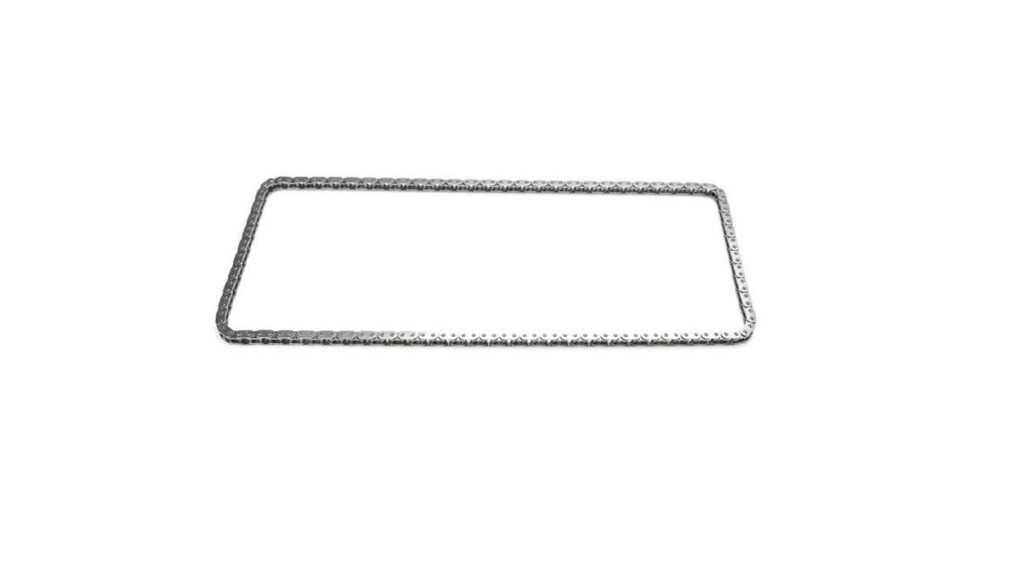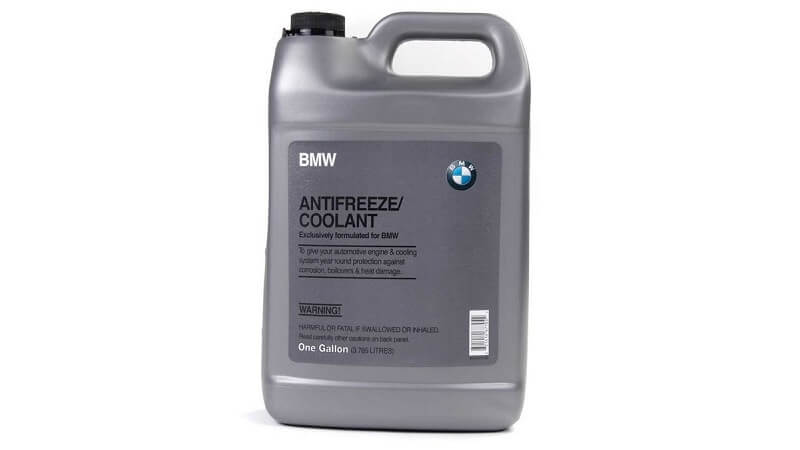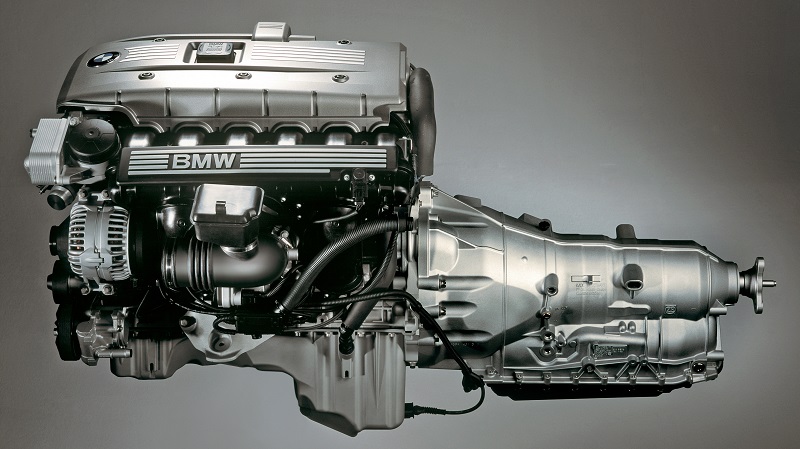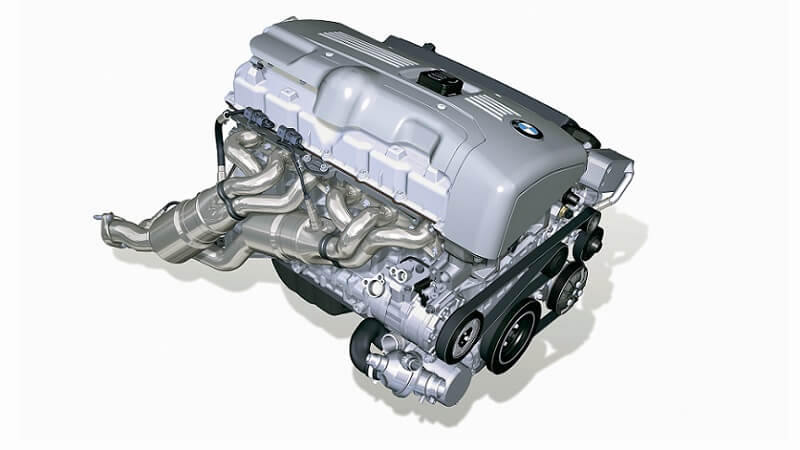BMW has long been synonymous with precision engineering and exceptional driving experiences. However, even the most esteemed automakers face challenges, and in recent years, some BMW N20 engine owners have encountered issues related to the timing chain. In this blog post, we will delve into the details of the BMW N20 engine timing chain problems, explore their causes, and discuss potential solutions.

Understanding the BMW N20 Engine
The BMW N20 engine is a 2.0-liter, four-cylinder powerplant that debuted in 2011. It was designed to provide a balance of performance and fuel efficiency, featuring turbocharging, direct injection, and variable valve timing. While the engine has received acclaim for its power delivery and smooth operation, If you want to better understand the N20 engine, check out our dedicated engine guide. With that said, here’s what’s wrong with the N20.
Timing Chain Issues
Timing chains are critical components responsible for synchronizing the engine’s internal components, such as the crankshaft and camshaft, ensuring precise valve timing. In the case of the N20 engine, some owners have reported instances of premature timing chain wear, leading to potential mechanical failures and engine damage.
Causes of Timing Chain Issues
Several factors have been attributed to the timing chain problems experienced by some N20 engine owners. The primary cause is the timing chain guide failure. Timing chain guides on these engines are known to fail prematurely, causing timing chain slack. This is most commonly seen on BMW N20 engines made from 2011 to 2015. BMW has even issued a recall due to subpar timing chain guides.
Additionally, some BMW N20 owners have experienced issues with the timing chain tensioner failing prematurely, leading to inadequate tension on the chain. Last but not least, one of the most common causes of timing chain failure on these engines, and any engines that use a timing chain, is insufficient lubrication.
Running these engines low on oil, or missing regular oil changes, can contribute to increased friction and accelerated chain wear. Other factors may include manufacturing defects, improper maintenance, and driving habits.
Symptoms of Timing Chain Problems
Owners experiencing timing chain issues with their BMW N20 engines may observe various symptoms, including:
Engine misfires or rough idling: A worn timing chain can cause inconsistencies in valve timing, resulting in engine misfires or rough idling. This is why many N20 owners see several VANOS codes when the timing chain begins to malfunction. We’ll cover those codes later in this guide.
Whining or rattling noises: Excessive chain slack can generate noticeable whining or rattling sounds emanating from the front of the engine. Timing chain guides that are beginning to fail will produce a characteristic whining noise when the engine is operating at around 4,000 RPM.
Reduced performance and power: Timing chain wear may negatively impact engine performance, resulting in reduced power and acceleration. Depending on how much slack there is in the chain, you could experience severe timing issues.
Check Engine Light (CEL) and fault codes: In some cases, the engine management system may detect timing chain-related issues, triggering a CEL and storing fault codes related to camshaft position or timing. Check the segment below for the list of common codes associated with timing chain failure.
Common Diagnostic Codes Related to BMW N20 Timing Chain Issues

A failing timing chain will trigger various codes depending on how far gone it is. That said, some codes are more common than others. Here are two that keep popping up when the N20 engine develops too much slack in the timing chain.
2A67 – 120408 Code
The fault code 120408 is specific to BMW vehicles and relates to the Valvetronic system. The Valvetronic system is responsible for controlling the intake valve lift in the engine, allowing for improved fuel efficiency, performance, and emissions control.
Fault code 120408, also known as “2A67 Valvetronic, internal fault,” indicates an internal fault or malfunction within the Valvetronic system. It suggests that there is an issue with one or more components of the Valvetronic system, potentially affecting the operation of the engine.
2D55 – 131501 Code
The 131501 fault code stands for “VANOS, intake, starting from cold: Non-adjustable” and is another common code stored in the DME when the timing chain gains slack. This code is also known as 2D55 on certain models. The two codes are the same, the only difference is which N20 powered BMW you drive.
The combination of these two DME codes, along with the famous whine, is a fairly definitive indicator that your timing is off.
How to Fix the BMW N20 Timing Chain Issue?
If you suspect timing chain issues with your BMW N20 engine, it is crucial that you get the timing chain inspected and replaced as soon as possible. The N20 is an interference engine, meaning that given enough slack in the chain, the valves will meet the pistons, causing catastrophic failure. That said, here’s what you can do to fix the timing chain issue on your N20.
Inspection and Diagnosis
An experienced mechanic should perform a thorough inspection to diagnose the timing chain problem accurately. This typically involves examining the tensioner, guides, and other related components. Alternatively, you can remove the oil cap which gives you clear access to the chain.
Using a metal pick, check the chain for slack and inspect it for signs of friction damage. Also inspect the timing chain guides that are visible through the opening. Using a metal pick to test the chain for slack is not a standard procedure, but rather a quick and dirty way of checking the chain. Proceed only if you’re comfortable doing this.
Timing Chain Replacement

If timing chain wear is detected, the recommended course of action is to replace the chain, along with any worn guides, tensioners, or sprockets. This is an undertaking on the BMW N20 engine as it requires you to disassemble the engine in a very particular way, using specialized tools to lock the engine timing and adjust the cams.
Make sure to use high quality parts when replacing the chain, the tensioner and the guides. We recommend sticking to genuine BMW parts or proven OEM alternatives. The chain in these engines is probably the most critical component when it comes to reliability. It only makes sense to get quality parts.
Speaking of parts, you can get a genuine BMW timing chain kit at our store.
Here are the individual parts needed for this job:
- Crankshaft Seal Front 11118618864 (Elring)
- Crankshaft Seal Rear 11117587168 (Genuine BMW)
- Timing Chain 11318648732 (Genuine BMW)
- Timing Chain Guide Upper 11317523884 (Genuine BMW)
- Timing Chain Guide Lower 11317592850 (Genuine BMW)
- Timing Chain Tensioner 11317584723 (Genuine BMW)
Prevention
As far as prevention goes, we need to draw a line between N20 engines made before 2015 and those made after. Engines produced before 2015 that haven’t had their timing chains inspected and replaced are an issue.
If you bought one of these cars, it’s highly recommended that you inspect everything as soon as possible. That said, the best possible way to keep your timing chain happy is to do preventative maintenance on time. That means oil changes using quality engine oils and filters.
Get genuine BMW 0W-30 engine oil
Get Quality BMW N20 Timing Components at Bimmers.com
While the BMW N20 engine has provided many drivers with reliable performance, a subset of owners has faced timing chain-related issues. Understanding the causes, recognizing the symptoms, and preemptively replacing the timing chain is the only way to prevent any serious damage to your engine. .
By addressing timing chain concerns promptly and adopting preventive measures, owners can continue to enjoy the exhilarating driving experience that BMW vehicles are known for. Here at Bimmers.com, we know what it takes to make the N20 tick like a clock. Head over to our store, select your vehicles, and find high-quality parts that are a guaranteed fit for your car!





